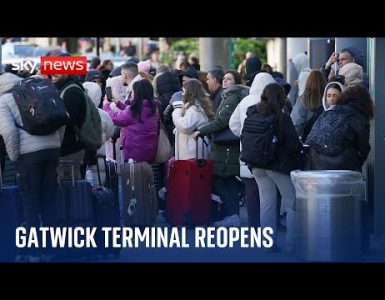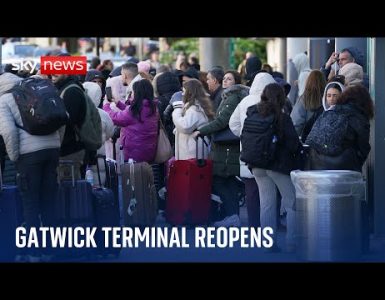Hezbollah has suffered some of the heaviest losses in its history over the past two weeks, chief among them the killing of its longtime leader, Hassan Nasrallah, in an Israeli airstrike. Two weeks ago, thousands of communications devices used by Hezbollah members exploded, killing 39 people and wounding nearly 3,000 in an apparent remotely detonated attack that Hezbollah blamed on Israel. The Lebanese militant group has lost nearly 500 fighters since it started attacking Israeli military posts in support of its ally, Hamas, last October. And hundreds more were likely killed in Israel’s bombardment of Lebanon over the past week, which has killed a number of high-ranking commanders and officials. Still, Hezbollah has continued to launch rockets at central Israel. The group’s chief spokesman, Mohammed Afif, warned Tuesday that those attacks were only the beginning and that the militant group is waiting for invading forces to enter Lebanon to confront them. Iran, which backs Hezbollah, fired dozens of missiles into Israel on Tuesday and referenced Nasrallah’s death in a statement on state television claiming responsibility for the attack. The bombardment came a day after Israel said it had begun limited ground operations against Hezbollah in southern Lebanon. For in-depth analysis and a deeper perspective on the widening war, the legacy of Nasrallah, and the future of Hezbollah, FRANCE 24’s Nadia Massih is joined by Maha Yahya, Author and Director of the Malcolm H. Kerr Carnegie Middle East Center.
🔔 Subscribe to France 24 now: https://f24.my/YTen
🔴 LIVE – Watch FRANCE 24 English 24/7 here: https://f24.my/YTliveEN
🌍 Read the latest International News and Top Stories: https://www.france24.com/en/
Like us on Facebook: https://f24.my/FBen
Follow us on X (Twitter): https://f24.my/Xen
Browse the news in pictures on Instagram: https://f24.my/IGen
Discover our TikTok videos: https://f24.my/TKen
Get the latest top stories on Telegram: https://f24.my/TGen








Add comment